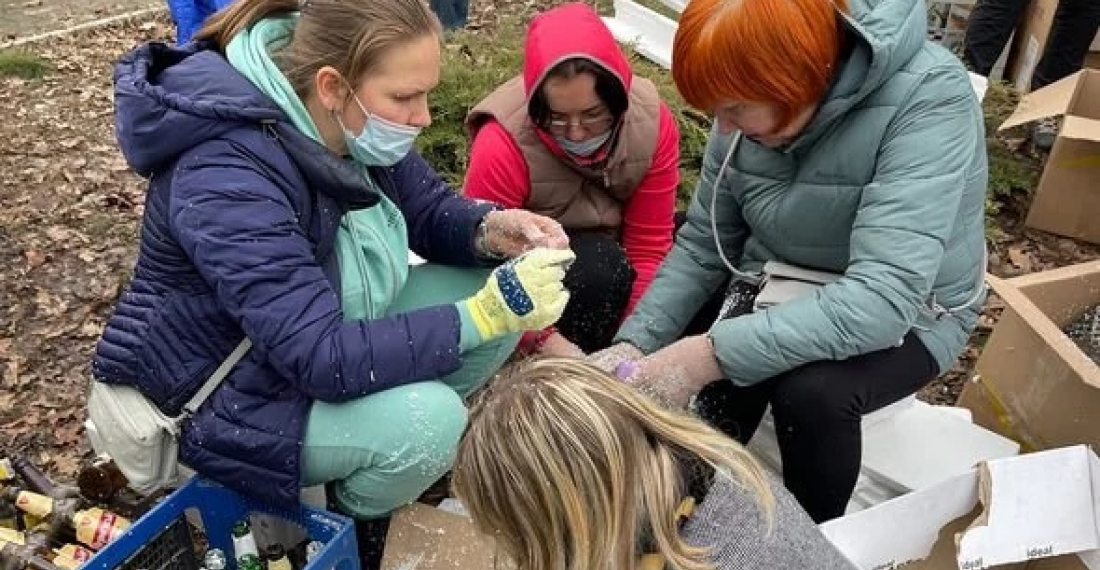8 March is International Women's Day - an occasion to celebrate the role of women in our societies, an opportunity to re-affirm their right for equality, a time to remember that across the world millions of women still do not have such rights and are often treated inhumanely.
This year we celebrate International Women's Day at a time when the world is watching in horror as the Russian invasion of Ukraine unfolds. For nearly two weeks now Russian forces have committed atrocities against peaceful civilian communities. Millions of Ukrainians have been displaced, nearly two million to neighbouring European countries. The world has watched in awe as Ukrainians put up a stiff resistance to the invaders. And none more so than Ukrainian women who are playing a leading role in the resistance.
We salute the courage of the women of Ukraine.
************************************************************************
In a message yesterday, the Council of Europe Commissioner for Human Rights, Dunja Mijatovic said “Ahead of International Women’s Day, my sympathy and profound solidarity go to Ukrainian women and girls who are caught up in a war waged with total disregard for human life and dignity. I pay my deepest respects to those of them who have been killed, and my thoughts are with those who have been injured”.
“Women feel first-hand the devastating impact that war has on their families and their communities. Amidst the fighting and violence surrounding them, Ukrainian women have been taking care of their families and neighbours, with many of them having travelled over long distances to bring their children and their friends’ children to safety. They also continue to work under bombardment and indiscriminate shelling as doctors, nurses and other professionals providing essential services to their communities. Women human rights defenders, journalists, civil society activists and volunteers work tirelessly towards re-establishing peace and protecting the values for which the Council of Europe stands. I salute their determination, strength, and courage.
I call on all Council of Europe member states to do their utmost to bring about peace and to ensure that humanitarian support effectively reaches all areas where it is most urgently needed, both inside Ukraine and in countries of arrival. Europe must today hear and heed Ukrainian women and girls’ resolute calls for action to protect peace and human dignity.”






